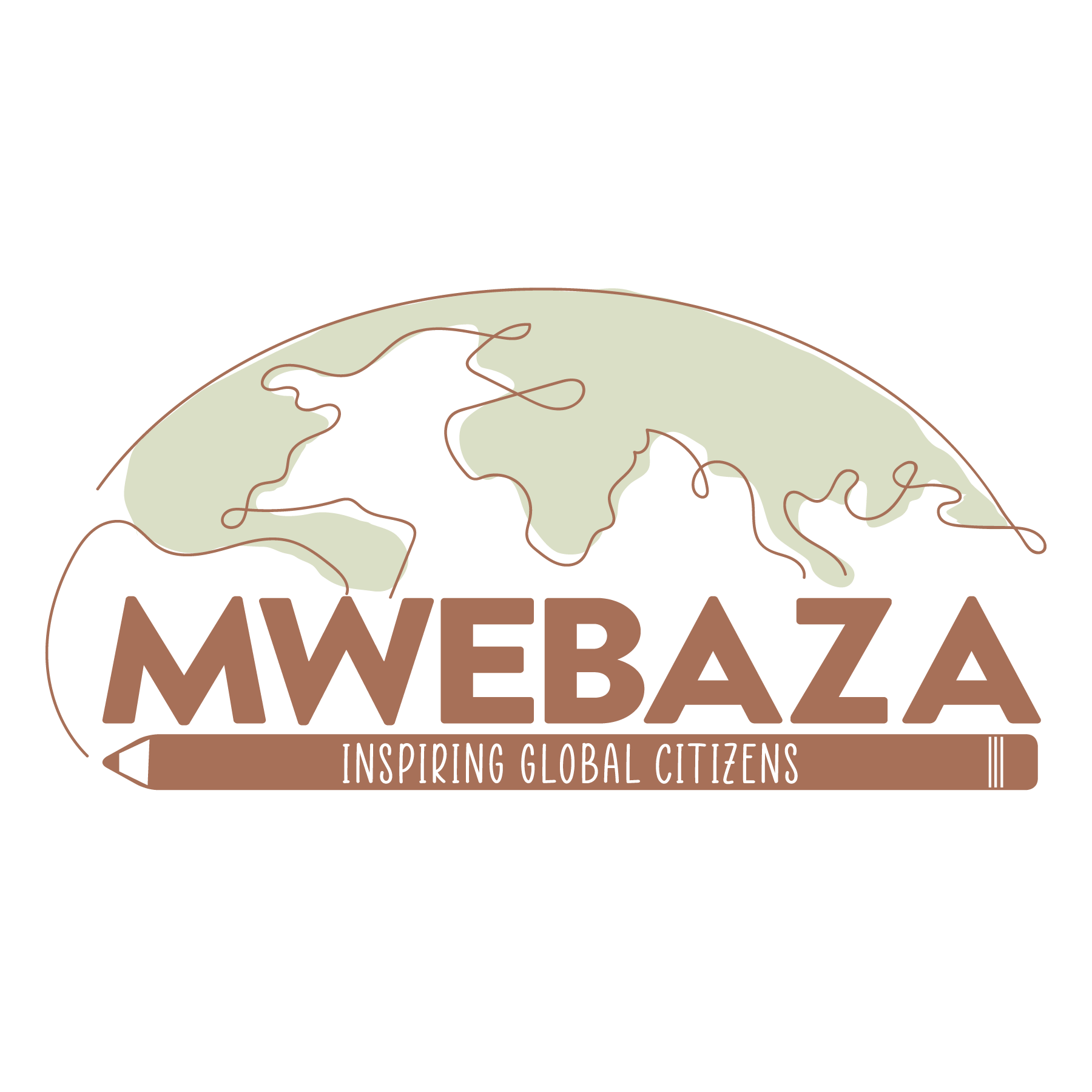Building a Generation That Won't Need Charity: How Cross-Cultural Education Creates Systems Change
What if the goal of philanthropy were to make itself obsolete? That's exactly what we're working toward at Mwebaza. We're not trying to create a bigger nonprofit; there are plenty of those already. We're trying to build a generation that won't need nonprofits.
Here's our vision: When young people grow up as true global citizens (understanding interconnected systems, building across cultures, and designing solutions rooted in equity), they can create communities that meet everyone's needs. Communities like that don't produce poverty but prevent it.
That's the world we are trying to co-create with our Uganda and Colorado partner school communities through cross-cultural education programs. Students in Colorado and Uganda aren't learning to be donors or recipients, benefactors or beneficiaries. They're learning to be partners, creative thinkers, and changemakers who can reimagine how our global community functions.
What Does This Look Like in Practice?
Cross-Cultural Curriculum: Growing with Students
Thousands of students in Colorado and Uganda participate in cross-cultural education activities each year. As students move through grade levels, our activities evolve with them. Through these cultural exchanges, students explore who they are and what they value, they celebrate diverse cultures, and they imagine solutions to global issues that their communities are facing.
Partner schools in both places swap art projects and mixed-media creations related to grade-appropriate lessons, sharing more about themselves, their families, and their communities with students from the other country. This practice centers on mutual learning, ignites genuine curiosity, and builds relationships that challenge assumptions on both sides.
Mwebaza Days: Connection Across Continents
Once a year, our elementary partner schools in both countries host a "Mwebaza Day"—a celebration of friendship and learning. Students connect through video calls, perform dances, sing songs, ask questions, and toast to friendships that span an ocean. They're not learning about another culture from a textbook—they're learning from peers who are living it.
Mwebaza Clubs: Student-Led Leadership
At our Colorado partner schools, students can join our "Mwebaza Club." Club members learn about Ugandan culture through hands-on activities like cooking traditional recipes, creating artwork, and participating in video exchanges. But more importantly, they take ownership of the experience and develop leadership skills that lay the foundation for them to become changemakers as they grow up.
Students set the goals, expectations, and values for their clubs. They plan fundraisers, host cultural events, and serve as school ambassadors. No two clubs look alike—each school hosts their club in the way that works best for its students.
Some clubs tackle real-world issues through shared learning activities. In one recent project, students on both sides learned about energy challenges in their countries and explored clean energy solutions. The result? Students created "solar ovens" from pizza boxes that harnessed the sun's energy to cook s'mores—playful, hands-on, and deeply educational.
Why This Matters: From Charity to Systems Change
Traditional charity operates on a simple premise: some people have resources, others need them, and the exchange flows one way. It's well-intentioned, but it reinforces hierarchies, rarely addresses root causes, and doesn’t highlight why countries with resources have them in the first place.
Our approach is different. We're teaching students to see themselves as part of an interconnected global community where everyone has something to contribute and everyone has something to learn. When students in Colorado discover that their peers in Uganda help with household chores, play sports after school, celebrate holidays, and share meals with their families—just like they do—stereotypes dissolve. When students in Uganda see how their Colorado partners are grappling with challenges in their own communities, they recognize that no community has all the answers.
This is how we break the cycle. Not by creating more dependency, but by fostering relationships rooted in equity, curiosity, and shared problem-solving.
We’re playing the long game. Are you?
It's ambitious. It's long-term. And it requires a different kind of investment. As we approach year-end, you have a unique opportunity to support this work while maximizing your tax benefits. Through our Smart Giving Suite, you can donate:
Appreciated stocks: avoid capital gains taxes while getting a full fair-market deduction
Qualified Charitable Distributions (QCDs): satisfy your RMD requirement tax-free if you're 70½ or older
Donor-Advised Funds (DAFs): contribute from your existing fund
Cryptocurrency: donate crypto directly and avoid capital gains
Your financial advisor can help you determine which option makes the most sense for your situation. But the impact is the same: you're investing in education that challenges the systems creating poverty in the first place.
This isn't charity as usual. This is systems change—and your stocks can fuel it
Ready to Give Smarter?
Visit www.mwebaza.org/giving-1 to learn more about each giving option, or reach out to devaki@mwebaza.org with questions.
Thank you for being creative enough to believe and invest in something different. Together, we're building a generation that won't need what we've inherited—because they'll have created something better.
The Mwebaza Foundation fosters global citizenship by connecting schools across continents through meaningful cross-cultural activities and partnerships. Since 2008, we've worked alongside 10,000+ students, teachers, and community members in Colorado and Uganda.
